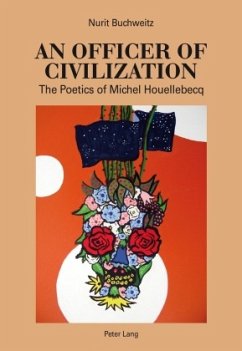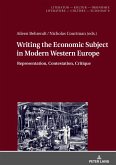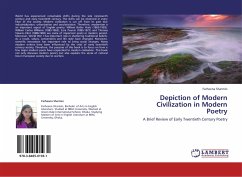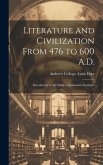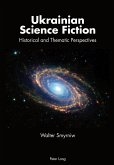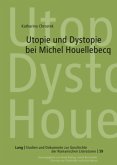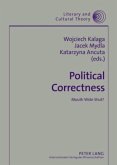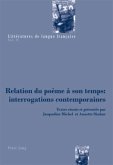Michel Houellebecq posits himself as an officer of civilization, offering a map of contemporary reality and according literature a substantial role in the field of public involvement. His unique style problematizes contemporary cultural processes and deconstructs the aesthetic and ideological thought-habits that design the collective imaginary of our era. As such, this book seeks to analyze the particularities of Houellebecq's poetics in the context of literary tradition, intertextual relations, psycho-cultural aspects and social semiotics, alongside contacts with the contemporary field of art. The author focuses on Houellebecq's poetical differentia specifica, the unique and innovative intersection between the cooperation with transnational capitalism and the resentment toward ignorant indulgence in it. This book reads Houellebecq as both iconoclastic and subversive and at the same time as a commodity in the literary marketplace and shows how his narratives are harnessed for thepurposes of activism in the service of engaged impact.

